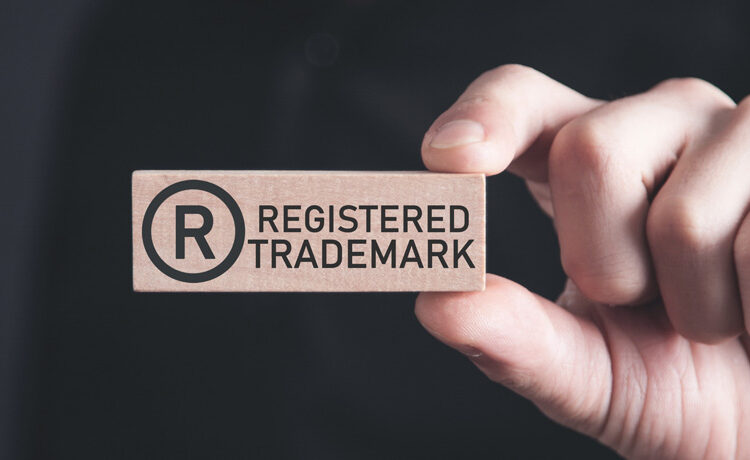Why Nutrition Matters More Than You Think
If you’re showing up for fitness HIIT training and putting in the effort, that’s half the battle. But what you eat around your workout can make the difference between spinning your wheels and seeing serious results. HIIT demands a lot from your body—energy, focus, stamina, and recovery. Without proper fuel, it’s like driving a high-performance car with an empty tank.
The Problem: Training Hard, Eating Randomly
Meet Charmaine, a 33-year-old marketing exec. She committed to three HIIT sessions a week, hoping to lose weight and build muscle. After two months, her strength had improved, but her energy levels were inconsistent and her progress plateaued. The culprit? She was skipping pre-workout meals and grabbing random snacks post-workout. Once she fixed her fuelling strategy, her performance and recovery both improved significantly.
🥗 The Basics of HIIT Nutrition
The goal of pre- and post-HIIT meals is simple:
-
Before training: Provide energy for performance
-
After training: Support muscle repair and replenish energy stores
Let’s break it down.
What to Eat Before a HIIT Session
You want quick, digestible fuel that won’t weigh you down. Aim to eat 30 to 90 minutes before training, depending on your digestion.
✅ Key Nutrients
-
Carbohydrates: Primary energy source for high-intensity work
-
Protein: Helps minimise muscle breakdown during exercise
-
Hydration: Don’t forget water or an electrolyte drink
🍌 Quick Pre-Workout Snack Ideas
-
Banana with almond butter
-
Rice cake with cottage cheese
-
Small bowl of oats with berries
-
Low-fat yoghurt with honey
-
Wholegrain toast with avocado
If you’re working out first thing in the morning and can’t eat much, even half a banana or a few dates can help boost your performance.
What About Fasted HIIT?
Fasted training is popular among those aiming for fat loss, but it’s not ideal for everyone. Training on an empty stomach can reduce energy levels and impair performance, especially during explosive movements. If you prefer fasted workouts, keep them short (under 20 minutes) and low on resistance work.
What to Eat After a HIIT Session
Post-workout nutrition is all about recovery and repair. The ideal window is 30 to 60 minutes after your session.
✅ Key Nutrients
-
Protein: Essential for muscle repair and growth
-
Carbohydrates: Replenishes glycogen and supports recovery
-
Healthy fats: Optional but can help with satiety
🍽️ Smart Post-Workout Meal Ideas
-
Grilled chicken with quinoa and roasted vegetables
-
Protein smoothie with banana and almond milk
-
Tofu stir-fry with brown rice
-
Scrambled eggs with wholegrain toast and sautéed spinach
-
Salmon with sweet potato and steamed broccoli
Hydration: Often Overlooked
Even mild dehydration can affect performance and recovery. Drink at least 300–500ml of water pre-HIIT, and continue sipping post-session. If your session lasts longer than 30 minutes or you sweat heavily, include electrolytes.
Timing It Right: Fuel vs Bloat
Here’s a rule of thumb:
-
90 minutes before workout → small meal
-
30 minutes before → light snack
-
Immediately after → protein and carb-rich meal or shake
Avoid fatty or high-fibre foods close to training—they slow digestion and can cause discomfort mid-squat or sprint.
Supplements: Worth It?
If your diet is well-balanced, you don’t need many supplements. Still, some HIIT-friendly options include:
-
Whey or plant-based protein: Convenient post-workout recovery
-
Creatine: Supports strength and performance, even in HIIT
-
Electrolyte mixes: Great for high-sweat sessions or humid conditions
-
BCAAs: May help reduce muscle soreness for those training fasted
Always prioritise whole foods first. Supplements should fill gaps, not replace meals.
Nutrition for Different Goals
🔥 For Fat Loss
-
Choose lower-glycaemic carbs like oats, brown rice, sweet potato
-
Control portion sizes post-workout
-
Avoid training completely fasted if you feel lightheaded or sluggish
-
Prioritise protein in every post-workout meal to preserve lean mass
💪 For Muscle Gain
-
Eat a balanced meal within 45 minutes post-training
-
Don’t fear carbs—your muscles need glycogen to grow
-
Ensure total daily calorie intake exceeds what you burn
-
Track protein intake: aim for 1.6–2.2g of protein per kg of body weight
🧠 For Mental Focus & Energy
-
Avoid sugary pre-workout foods—they spike and crash
-
Stay hydrated throughout the day, not just around your workout
-
Use green tea or black coffee (in moderation) as a pre-HIIT energiser
-
Omega-3 fats (e.g. salmon, chia seeds) support brain function and recovery
Structuring Your Week
Here’s how you can plan your meals around a weekly HIIT schedule:
Monday: AM HIIT → banana + protein smoothie
Wednesday: Lunch HIIT → toast with avocado pre-workout, quinoa salad post
Friday: Evening HIIT → oats with almond butter pre, tofu stir-fry post
Sunday: Active recovery or rest → maintain balanced meals with hydration focus
Fuel Beyond the Plate
Sleep, stress, and overall diet quality all impact your results. A well-fuelled body trains harder, recovers faster, and resists injury better. Nutrition doesn’t have to be perfect—it just has to support your effort. If you’re investing in intense training, match it with thoughtful fuelling. Your body will return the favour.
A structured training environment, like those at TFX Singapore, can help guide not just your movement, but your wellness choices too. Ask your coach or trainer about fuelling recommendations that suit your workout timing and intensity.
Frequently Asked Questions
Q. Do I need to eat if I work out at 6AM?
If you’re doing a short session and don’t feel faint, you can train fasted. But for longer or higher-intensity workouts, a small snack like fruit or a few nuts is helpful.
Q. Is a protein shake mandatory after HIIT?
Not mandatory, but convenient. If you can eat a full meal within an hour of training, that’s often better. Shakes are useful when on-the-go or short on time.
Q. Can I eat carbs after 7pm if I do evening HIIT?
Yes. Carbs post-HIIT help with recovery and sleep, regardless of the time. Nutrient timing matters more than the clock.
Q. What if I’m not hungry after training?
Try a smoothie or light snack. Even a yoghurt or boiled egg is better than skipping. Delaying nutrition can slow recovery.
Q. Will eating before HIIT ruin my fat-burning potential?
No. Proper fuelling actually supports higher intensity, allowing you to burn more calories overall. The myth of fasted training being superior is overstated for most people.







